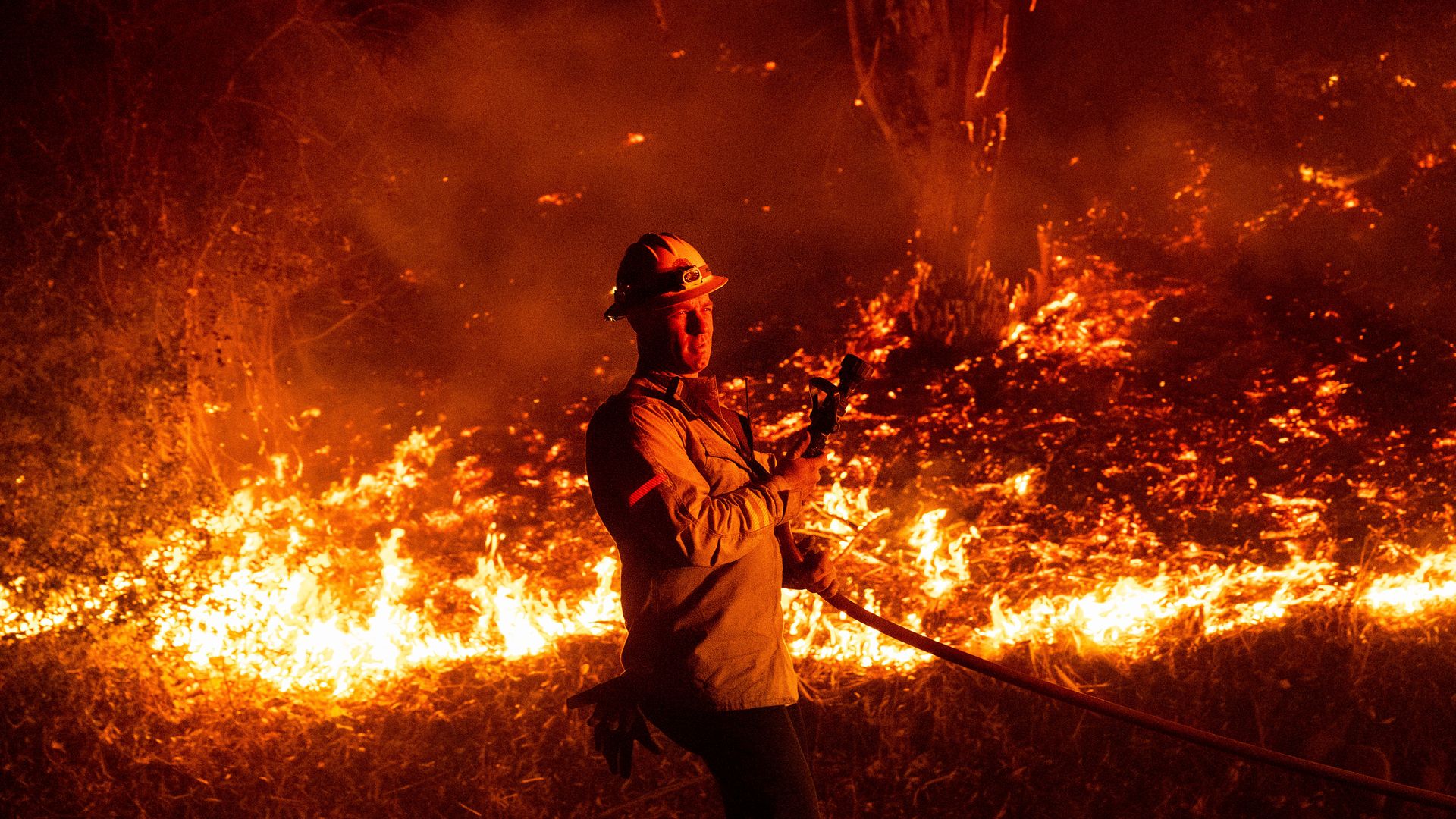
The BDN Opinion section operates independently and does not set news policies or contribute to reporting or editing articles elsewhere in the newspaper or on bangordailynews.com.
Mike Hammer is the superintendent of RSU 19 in the Newport area.
Nothing ignites the spark of learning quite like getting children outside, particularly in school gardens, which is exactly what LD 1682, An Act to Create the Maine Experiential Education Program, would do.
In my district, RSU 19, our communities have long understood the value of hands-on learning because it mirrors the hard work many in our communities do every day. That understanding by our board and taxpayers has translated into real investments to build programming related to school gardens.
We partner with FoodCorps, SNAP-Ed, Maine Agriculture in the Classroom, and other programs to support this learning. We used Elementary and Secondary School Emergency Relief funding to further support outdoor learning with gardens, pavilions, and high tunnels. COVID relief funding has expired and programs like FoodCorps are temporary, meant to build up programming then move on to other communities.
Here in RSU 19, we value hands-on education and the work ethic that kids develop in school gardens. And we don’t want to lose the progress we’ve made.
LD 1682 would provide districts like ours with a steppingstone to permanently embed experiential learning into the fabric of our educational DNA. Even considering how infrequently politicians agree, it is unsurprising this bill was passed unanimously by the Joint Standing Committee on Agriculture, Conservation, and Forestry. Now it’s up to Gov. Janet Mills and the members of the Appropriations Committee to make this a priority in this year’s supplemental budget and appropriations process.
Gov. Mills has spoken of the need for experiential learning and greenhouses in schools. But what we, meaning the people who educate Maine’s children every day, really need is people power. A person in the schools with expertise and passion to coordinate the learning cross departmentally. Maine is blessed with an incredible support network and many small funding opportunities for infrastructure like greenhouses. But, without someone dedicated to maintaining that infrastructure and translating it into curriculum, greenhouses become storage buildings and raised beds transform into weed beds.
What does experiential learning centered around school gardens look like? RSU 19 has one of Maine’s exemplary alternative education programs built around an incredible aquaponics program that produces fresh herbs, which our students grow, harvest, and sell to local restaurants, meaning they learn responsibility, chemistry, business acumen, and more. In our elementary schools fourth grade students learn to calculate area and volume using raised beds laid out with square foot gardening grids. Students learn to use the Pythagorean theorem in real life to ensure hoop houses are square as constructed. Students learn about Integrated Pest Management, which is vital to Maine’s orchards and other agricultural businesses. In other words, students are learning the curriculum and standards they need in school in ways that allow them to apply the knowledge in the job marketplace from construction to computers.
Our district has invested in this type of learning at the high school level, and we are engaging with regional and local businesses with modern-day apprenticeships. We want to expand this to our younger grades by preparing younger students for their futures with hands-on experiential learning where they develop empathy, work ethic, and responsibility, and real skills.
LD 1682 will help districts that want this type of learning build our own programs by temporarily supporting the creation of garden educators and phase them into our local budgets. Every superintendent and school board member in Maine knows there are challenges facing our schools, particularly after the pandemic, which set back students in nearly every measure, especially social and emotional regulation. School gardens and place-based learning can help us get back on track with all of these things, but only if we can do them right. That means having the people with expertise and dedicated time to build, organize, and coordinate the programs.
Maines leaders should support this type of learning by dedicating funding to LD 1682, putting our money where our minds are.












